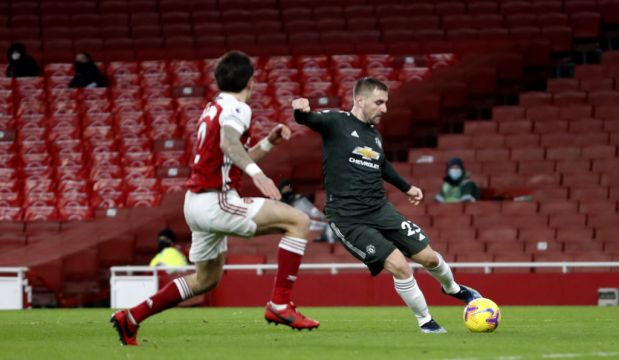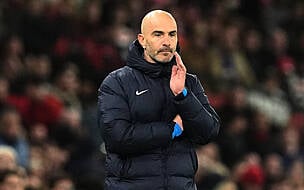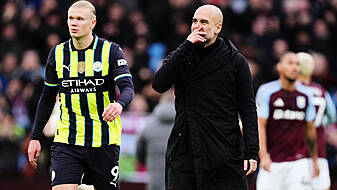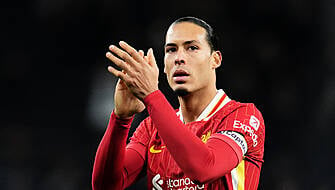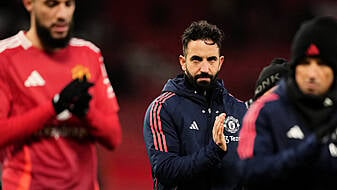A dozen of the biggest clubs in Europe have announced multi-billion dollar plans for a breakaway league.
The move, which has been criticised by UK Prime Minister Boris Johnson, would see the biggest reshaping of the sport in decades.
Clubs involved in the Super League – which is due to have a total of 20 competing sides – are expected to receive a welcome bonus of more than €200 million and organisers have also already started discussions with potential broadcasters.
Here, the PA news agency looks at the financial organisations and club owners involved in supporting the competition:
JPMorgan
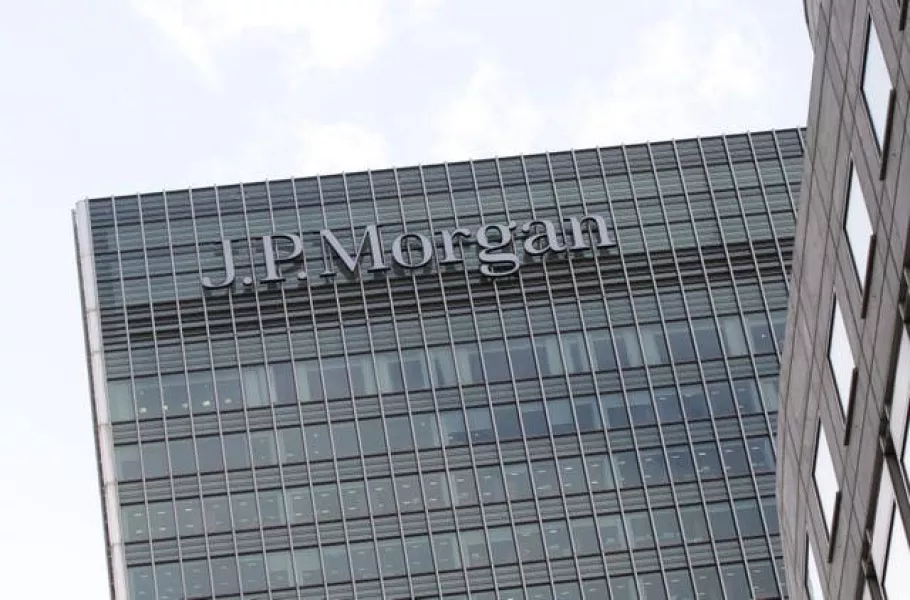
The new venture will largely be funded by US investment bank JP Morgan with around $6 billion in debt financing.
The firm, which was founded 150 years ago, is one of the world’s biggest financiers for sports teams and stadiums, providing loans and debt deals for dozens of major events and clubs.
In 2019, the company was one of the backers of a €575 million loan to European Super League founding member Real Madrid.
It has also provided financing for a number of English clubs, such as structuring and arranging the roughly £500million financing package behind Everton’s new stadium at Bramley-Moore Dock.
The clubs have agreed to repay €264 million each year to JP Morgan to pay down the debt, including interest of between two and three per cent, according to the Financial Times.
Arsenal

Arsenal are one of three English teams backing the breakaway league who have American owners, with US billionaire Stan Kroenke owning a majority stake since 2011 and taking full control in 2018 when he bought out second-largest backer Alisher Usmanov in a move which valued Arsenal at around £1.8 billion.
However, the club’s finances have come under pressure in recent years amid failures to qualify for the Champions League, and they made 55 staff members redundant last year amid the impact of the pandemic.
Mr Kroenke also owns a raft of US sports teams, including the Los Angeles Rams in the NFL and Denver Nuggets in the NBA, which also have “closed shop” formats without the threat of relegation.
Chelsea
The West London club have been owned by oil and mining mogul Roman Abramovich since 2003, when he completed a takeover worth around £140million.
Figures from Forbes last week named the club as the world’s seventh most valuable football club at $3.2 billion following heavy investment from the Russian.
Liverpool
Leading European football clubs announce new Super League competition.
— Liverpool FC (@LFC) April 18, 2021
The club is owned by billionaire John Henry’s Fenway Sport Group (FSG), which bought the club for £300 million in 2010.
FSG is another club owner with a background in US sport, running the Boston Red Sox Major League Baseball team.
It has also come under fire for its financial operations during the pandemic, having furloughed all non-playing staff in April before performing a u-turn and apologising to fans.
Last month, FSG received investment from basketball star LeBron James who increased his stake in Liverpool, while investment firm RedBird Capital invested $735 million in the sports team owner.
Manchester City
Manchester City became one of the richest teams in global football almost overnight after being purchased by the United Arab Emirates’ Sheikh Mansour in 2008.
The value of the club has soared more than tenfold since the acquisition, according to estimates by Deloitte.
Earlier this month, the club’s latest accounts revealed they suffered a £126 million loss for the 2019-20 season after revenues dived by 11 per cent following the impact of the pandemic.
Manchester United

Manchester United are majority-owned by the Glazer family, who steadily grew their stake in the club after first investing in 2005.
Last month, the club revealed soaring net debts of £445 million as matchday revenue dived 95 per cent to £1.5 million in the three months to December due to the closure of stadiums.
Co-chairman Joel Glazer is set to become vice-chairman of the new league.
Shares in Manchester United – which listed on the New York Stock Exchange in 2012 – are expected to lift when Wall Street trading starts on Monday.
Tottenham
Spurs are the only British-owned team among the six English sides involved in the league, under the ownership of billionaire Joe Lewis’s ENIC Group.
Mr Lewis – who founded investment giant Tavistock Group – owns a roughly 70 per cent stake in ENIC with club chairman Daniel Levy and his family owning the remaining share.
The club tumbled to a £63.9million loss for the last financial year as Mr Levy said the costly impact of the pandemic “could not have come at a worse time” after the £1.2billion build of their new stadium.
Real Madrid

Unlike many of their European rivals, the reigning LaLiga champions are still fan-owned with around 90,000 fan investors, known as Socios, owning stakes.
Current president Florentino Perez made his fortune in civil engineering and construction and will be the first chairman of the European Super League.
Barcelona
Barcelona are another of LaLiga’s four member-owned clubs, having been set up under the model in 1899.
Over 144,000 fans pay membership every year and have shareholder votes on major decisions.
Last month, Joan Laporta was elected for a second spell as club president.
Atletico Madrid
Atletico Madrid are majority-owned by Spanish millionaire Miguel Angel Gil Marin, who first became chief executive at the club in 1993 after investment from his father.
Mr Gil Marin, who made his from horse and bull breeding, currently owns a stake of around 52 per cent.
Israeli billionaire Idan Ofer owns around a third of the club after buying out Chinese conglomerate Dalian Wanda Group in 2018.
Juventus

The club have been majority-owned, almost continuously, by the Agnelli family since 1923.
The family own around two thirds of the Turin team, with US fund manager Lindsell Train owning around 11 per cent and the rest owned by other investors in the stock market-listed business.
In February, Juventus said it had suffered a loss of €113.7 million and expected to lose more money in the second half of the season amid coronavirus restrictions.
The club’s share price jumped by more than 14 per cent on Monday morning as investors welcomed news of the Super League.
AC Milan
Elliott Management, a $42 billion hedge fund, has complete control of AC Milan after taking over the club in 2018 and has invested more than $600 million.
Elliott has said it will invest another $1.2 billion to finance a new stadium to replace the San Siro in a build which has placed further pressure on club finances.
Inter Milan
City rivals Inter are in a far more uncertain position amid reports that Chinese owner Suning is in talks with private equity investors over a sale of the club.
In February, Suning confirmed that reigning Chinese Super League champions Jiangsu FC, which it also owns, would fold amid financial trouble.
Last month, it was reported that US fund Fortress was in talks over a takeover for Inter but no deal has yet been confirmed.
Confirmation that Inter would be included in any Super League could bump up the valuation of the Serie A club.
